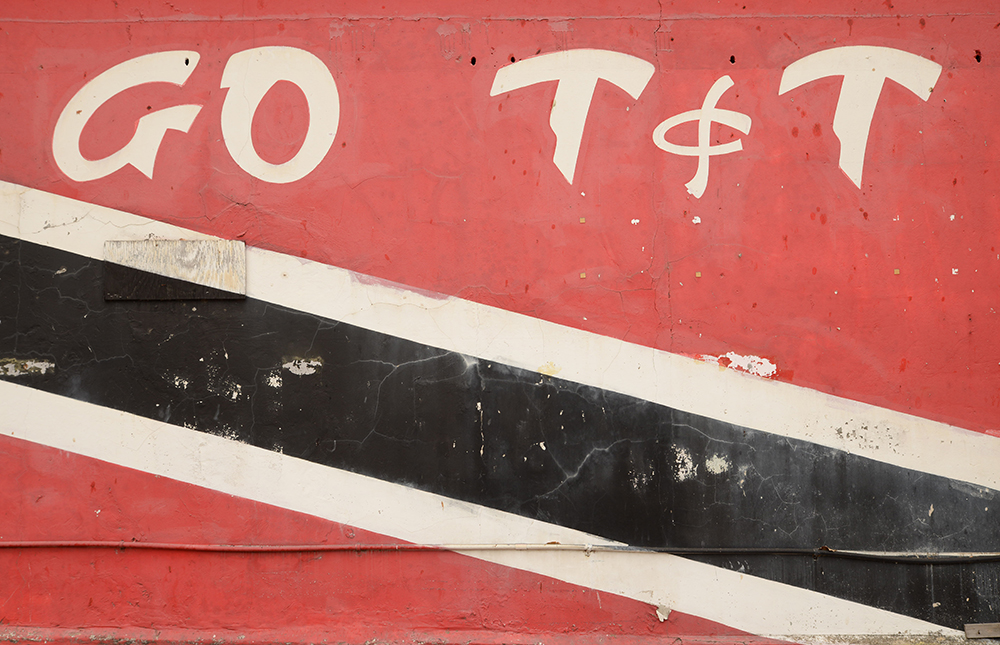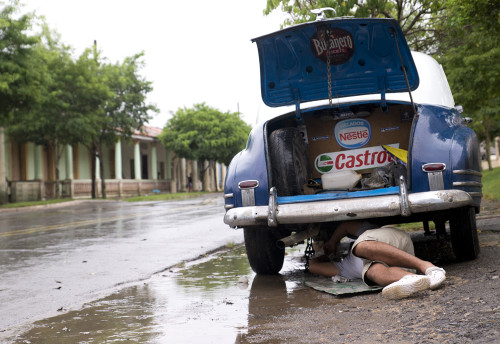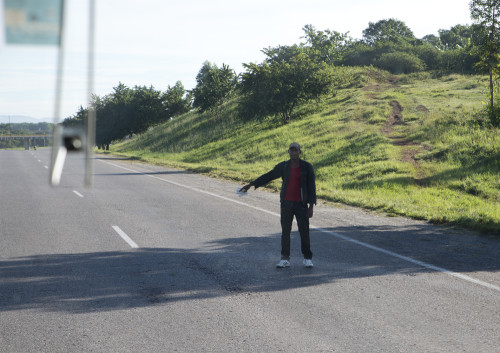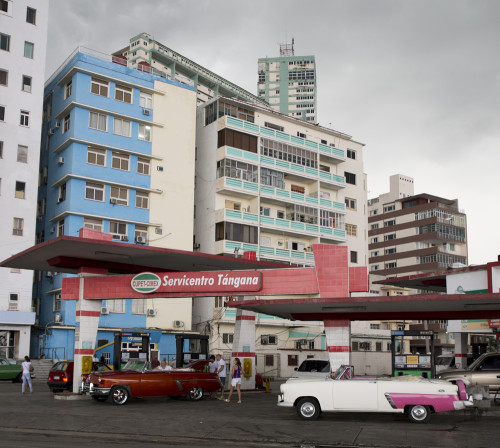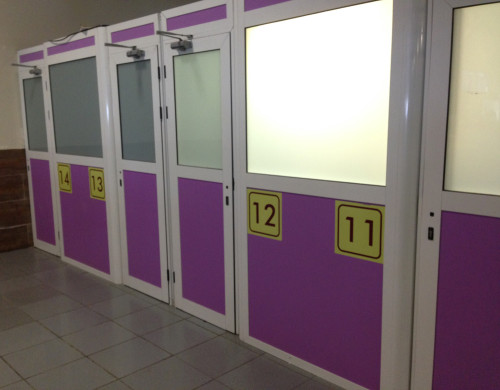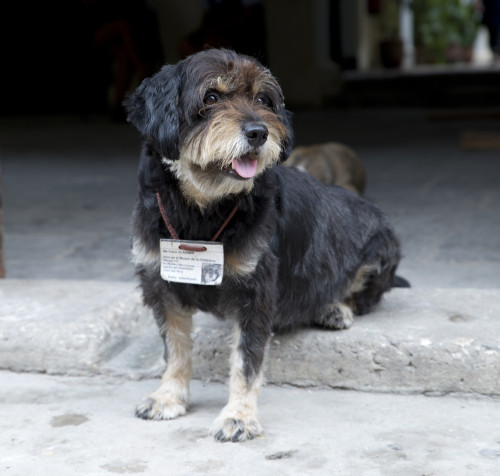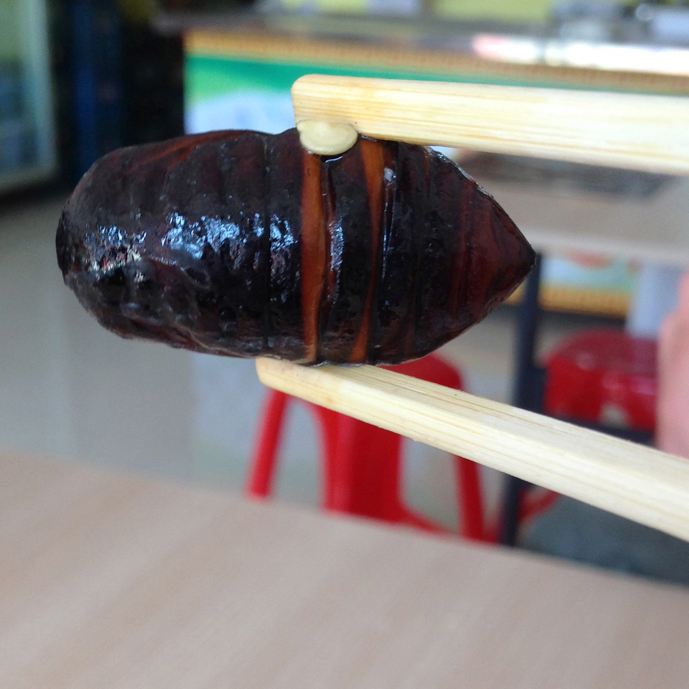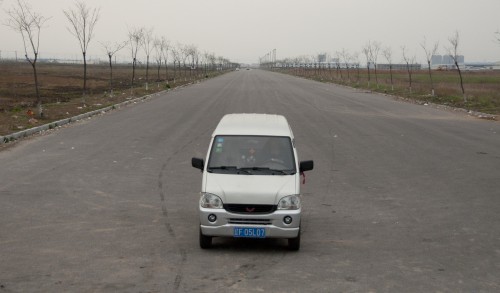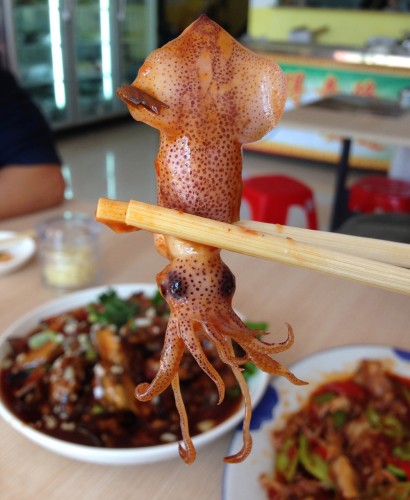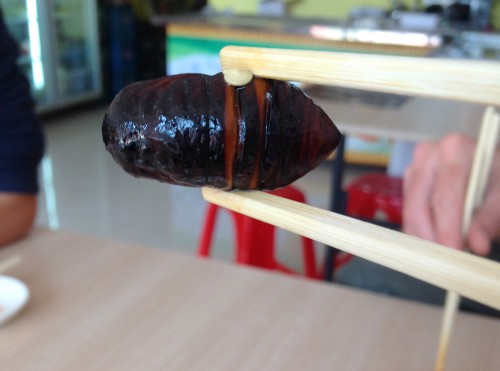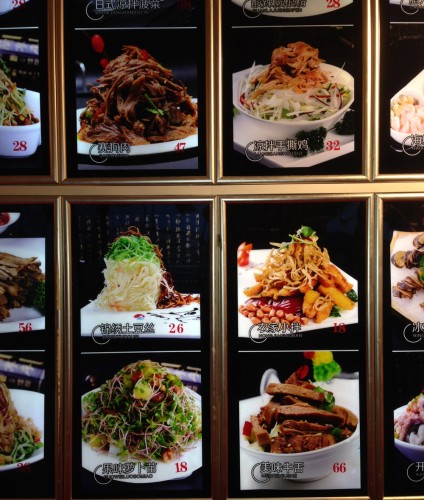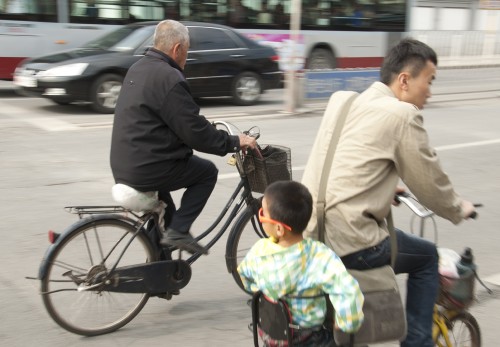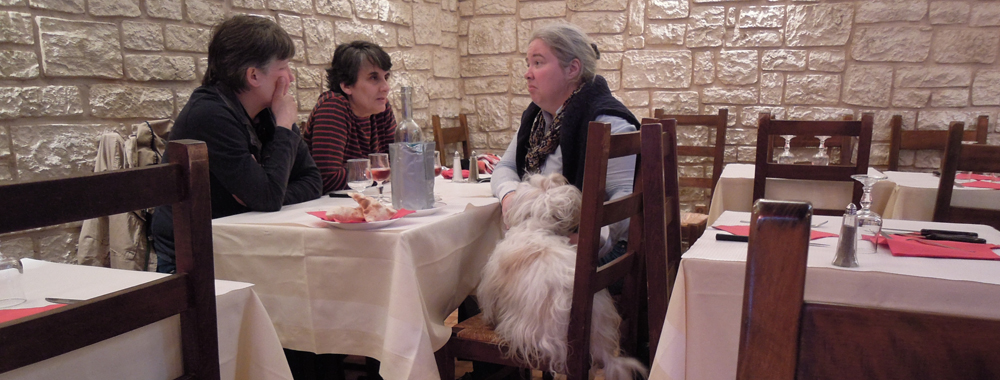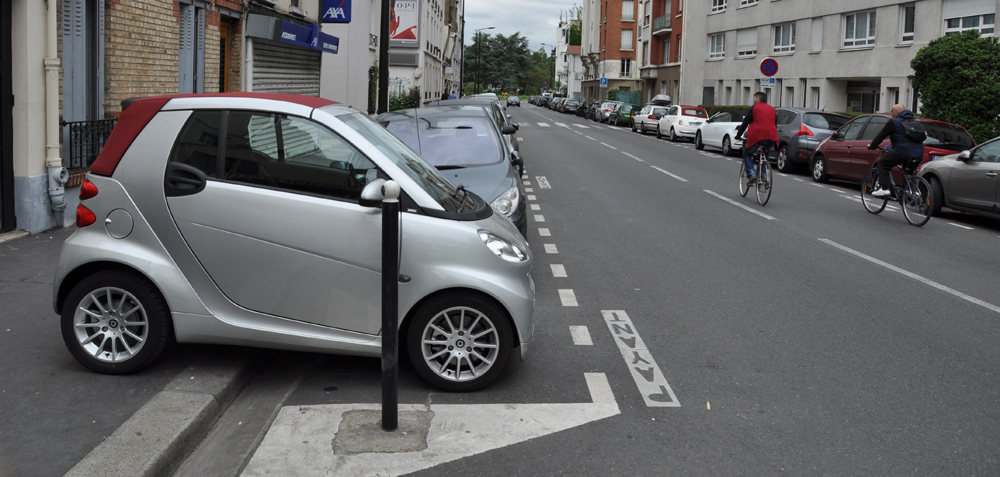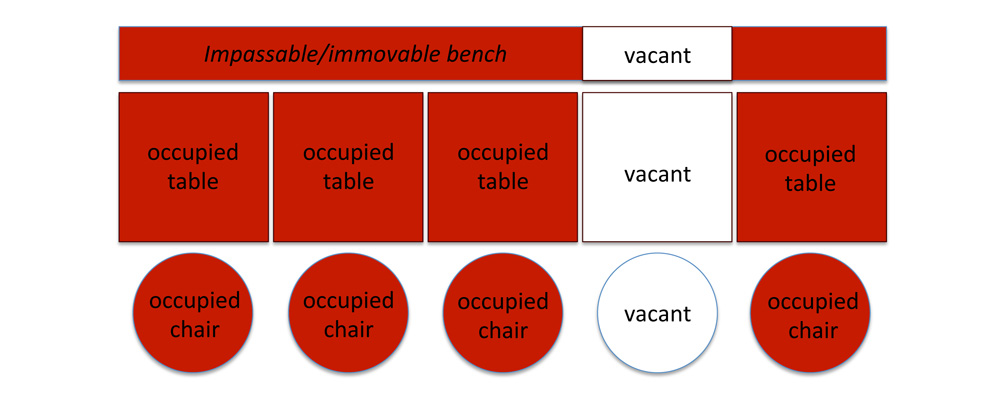This is a regular series where I go to the farthest reaches of the globe, walk around, observe daily life, eat some food, maybe take some photos, and say “wow, that shit would not fly back home.”
It sounds elitist and dismissive, but it’s quite the opposite. If I haven’t expressed some sort of disbelief with what I have experienced while traveling, I simply haven’t explored deeply enough. This is why I keep reaching for my passport and, this time, it was to go to Trinidad and Tobago.
It was my second time to a Caribbean island in less than a year. I saw some great birds but I also experienced another beautiful country. I wasn’t disappointed.
English is the Official Spoken Language, Kind Of
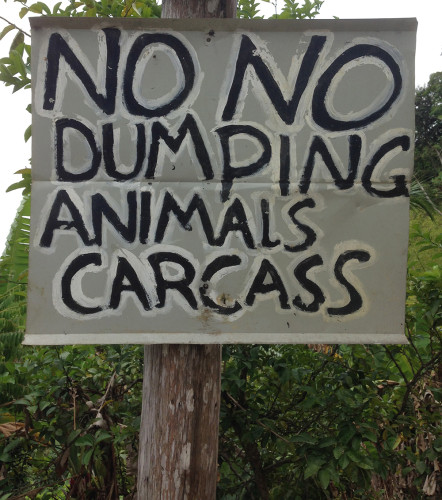
Trinidad is a former British colony and thus, English is the official language and nearly everyone in the tourism industry speaks it flawlessly. Go off the beaten path or listen when your hosts speak to one another, however, and it’ll become clear that what you hear is a slowed down and tidied up version of their own English-based Creole. In a linguistic system one part efficient and two parts indifferent, Creole strips its predecessor of many elements our ears have grown to appreciate, like “s” sounds and the breathy pauses between words. Numerous times I found myself concentrating intently on peoples’ mouths in an uncomfortable space where I both recognized my own language yet had no grasp on what was being communicated. And squinting harder didn’t help. Any glimmer of recognizable English was quickly dashed by a perplexing juggernaut of consonants and vowels. Even the phrases I understood were used in unfamiliar contexts: “Good Night” is an evening greeting in Trinidad, not the intimate farewell one says just before going to sleep. The pace of the language thankfully is formed by the tropical climate; phrases mellifluously follow one another off the tongue like a slowly poured rum punch. It was fun to drink in.
Rental Car Switcharoo
I booked a car on Travelocity through “Fox Rental Car” for our arrival in Trinidad. When we landed – at around 9pm after a full day of travel – we couldn’t find the Fox Rental Car kiosk. Avis, Alamo, Budget, and Thrifty were all present; Fox was nowhere to be seen. Even the tourist information center was closed. Thankfully, the gentleman at the cab stand agreed to use his personal phone to call the number on our email reservation. An enthusiastic voice on the other line said that he’d be there within 20 minutes. Nearly an hour later, a young man clad in blue jeans, a black shirt and flip-flops showed up with a laptop case and clipboard—none of it branded “Fox.” I passed a glance at the paperwork and noticed a different name entirely: “Xtra Car Lease.” The logo looked to be a product of Microsoft Clipart to my incredulous eyes. After some cautious prodding—but before he ran my credit card on his portable reader—we learned that Fox contracts with his company to provide cars in countries where they don’t have offices. Most Americans would be unsettled by this lack of transparency, but my need for a pillow overruled my skepticism. We swiped my credit card, checked for damage, shook hands and took off for the mountains in our dramatically underpowered Nissan.
Zip-tied Hubcaps
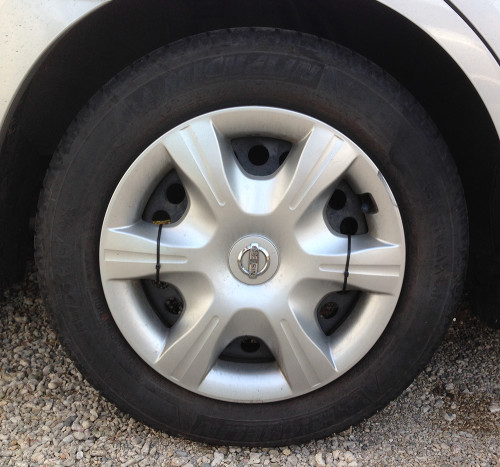
Let me be perfectly clear: there aren’t many problems in life that can’t be solved with duct tape, zip-ties, SuperGlue or a combination of all three. I had just never seen Zip-Ties used so blatantly on a car. Personally, I appreciate the ingenuity of using plastic fasteners to keep the hub caps attached to the vehicle. Americans, who aren’t used to driving on the other side of the road, may be unwittingly prone to clip curbs, thus liberating the car of any disk-shaped pieces of plastic located at the point of contact (ask my dad about Australia in 1998). It does, however, raise concerns about how issues with other, perhaps more important, parts of the car were fixed. For me, it was a nice accent piece. And damned if we didn’t return the car with all four hubcaps still attached.
“When will we know if the 4:25 flight is delayed?”
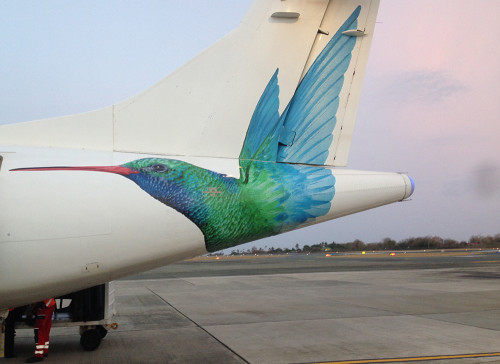
After spending two beautiful days exploring Tobago, Trinidad’s accompanying island to the north, we arrived back at the capital city, Scarlborough, for our return flight. The airport is small but there are flights between the two islands every thirty minutes. We were informed upon our arrival that our flight, which left in about an hour and a half, would likely be delayed. Apparently a mechanical issue earlier in the day had had a cascading effect on all scheduled flights. But the Caribbean Airlines employee suggested that we stay nearby because they may be back on track by the time our flight was scheduled.
One look to the flight status board stated that the 4:25 flight was on time, so we went across the street to seek much-needed air-conditioning in the airport café. Flight updates were projected over the café’s loudspeaker, but if there’s anything that can make English-based creole less intelligible to American ears, it’s amplifying it through a speaker beaten down by time, salty air and humidity.
At about 3:50, less than thirty minutes before our flight was to take off, I left the cool confines of the café to check the flight status: “ON TIME.”
To verify, I waited in the growing queue to speak to a representative.
“Excuse me, is the 4:25pm flight still delayed?”
“We don’t know yet.”
“OK, when will you know?”
“4:26.”
I scanned her face, waiting for a hint of humor. No, she was serious: the flight won’t officially be delayed until after it was scheduled to take off. I thanked Captain Obvious and walked back to the café.
In the end, our twenty-minute flight was delayed over two hours. We were late again to pick up our rental car from Xtra Car Lease.
Dangling Power Lines
Even if these were well insulated as to not cause any harm from electrocution, there are very few instances where one has to navigate around powerlines during a normal day. If you do, you have bigger issues to worry about.
Road Conditions, No Bull
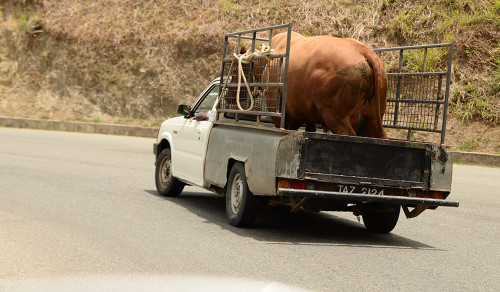
There are some beautiful windy mountain roads on both Trinidad and Tobago: lush foliage, isolated streams and impressive vistas. Due to the conditions of the road, however, the passenger was the only one who could enjoy them. Massive potholes, large piles of gravel, stopped cars, and veering oncoming traffic—all in a country with the lowest “warning sign to blind corner” ratio I’ve ever encountered—meant that the driver couldn’t ever take their eyes off the road. And sometimes the eyes of both the driver and passenger are affixed on the road, specifically on the massive bull in the compact pick-up truck ahead of them.
The “No Wave”
Most who know me know that I am fairly even-tempered. But one thing that gets me really fired up is when drivers do not wave when you obviously took precious time out of your day to let them pass. Clearly, the ten seconds it takes me to back up my car is worth the 0.000015 calories required for you to lift your finger off the steering wheel to show your appreciation. Interestingly, Trinidadians do not wave to one another while driving, or at least not to us. Perhaps it’s a national referendum to save energy considering the number of blind corners and narrow passages exist in this country; drivers’ hands would spend too much time away from the wheel.
“Chicken Lane”
Just outside of Trinidad’s capital, Port of Spain, we encountered a five-lane road where the center lane was dedicated to whomever was using it. It didn’t matter which direction you were going: if you were there, it was yours. It wasn’t a turn lane. People were driving down at the same speed of traffic, and the direction of cars on this lane changed from block to block.
Customer Service
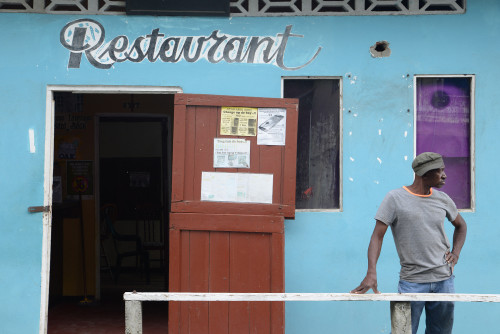
It could be us, but we never really encountered any “service with a smile” while in Trinidad and Tobago. We certainly don’t have high expectations and while I’m “lactose unpleasant” and Toby has a wheat allergy, we are generally low maintenance and affable. We certainly never found any bubbly personalities in the service sector. Transactions were helpful but very, um… transactional. While it was approaching closing time, Toby’s request for a piña colada at a restaurant was met with an overt eye-roll from our waitress as she walked away, to the extent where we didn’t actually know if she’d return with the drink (she did, it was delicious). She wasn’t exactly overjoyed with my request for a double rum, neat; a drink, need I remind you, that is the simplest to prepare (tilt bottle over glass) and offers the highest profit margin of anything in the restaurant. It was a challenge for us to break our waiters and waitresses with our charm and wit, and it was one we accepted with aplomb. As for our piña colada waitress, we had to wait until the following day to break her. She was way on the other side of the street but we would’ve see that precious smile a mile away.
But as long as the interaction – no matter how warm or cold – results with a rum drink in my hand, I won’t complain.
